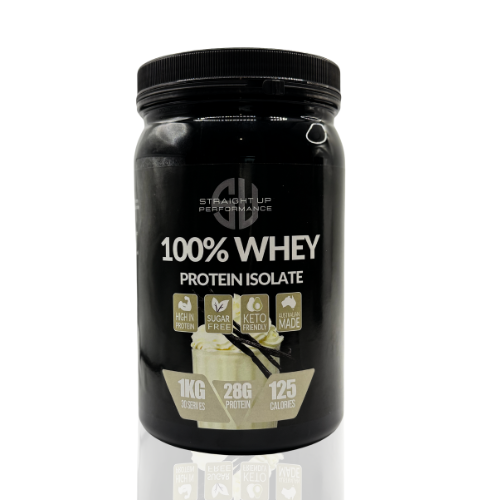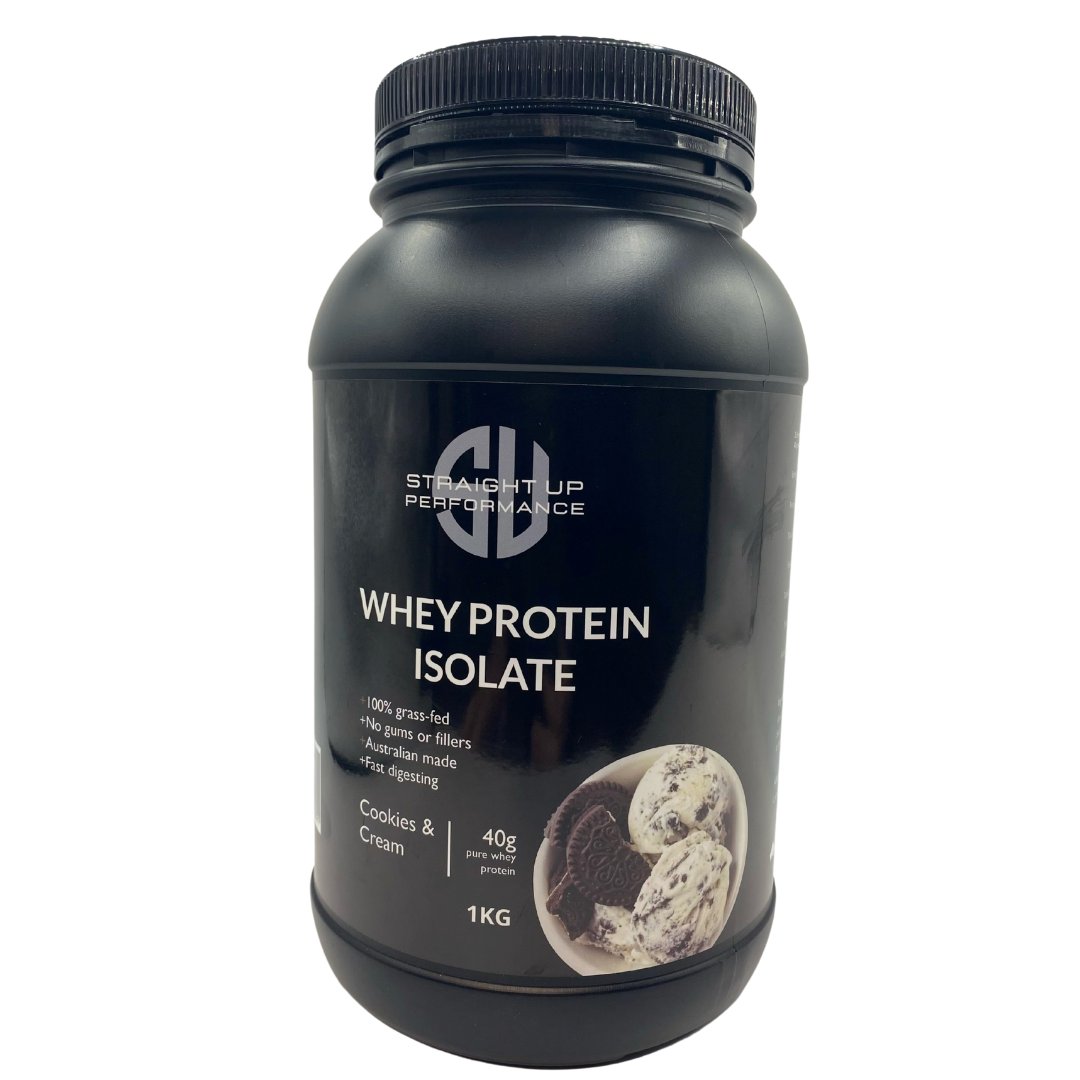You can't out-train, out-eat, or out-supplement poor sleep.
If you're serious about building muscle, you can't ignore the most underrated (and free!) performance enhancer available: sleep.
Sleep Deprivation Destroys Muscle Growth
Studies show that acute sleep deprivation reduces muscle protein synthesis by 18% compared to well-rested conditions. That's nearly a one-fifth reduction in your body's ability to build muscle, from a single night of poor sleep.
That's only the beginning. Sleep debt actually decreases the activity of protein synthesis pathways and increases the activity of degradation pathways, favouring the loss of muscle mass. This means poor sleep doesn't just prevent you from building new muscle—it actively promotes muscle breakdown.
So all your hard work...every rep you grind out in the gym, every gram of protein you calculate, every supplement you take—all of it becomes significantly less effective when you're sleep-deprived.
How Sleep Deprivation Sabotages Your Gains
Your endocrine system doesn't operate in isolation from your sleep patterns. In fact, sleep and hormones are in constant conversation, and when you skimp on sleep, that conversation turns negative for muscle growth.
Testosterone Takes a Hit
One week of sleep restriction leads to significantly lower testosterone levels, particularly between 2 PM and 10 PM. Sleep loss and lower sleep duration are associated with lower morning, afternoon, and 24-hour testosterone levels.
For anyone serious about building muscle, testosterone is one of your body's primary anabolic hormones—reduce it, and you reduce your muscle-building potential significantly.
Cortisol Climbs
While testosterone drops, cortisol—your body's primary stress hormone—increases with sleep deprivation. Studies show sleep loss results in higher afternoon cortisol levels, creating what researchers describe as "anabolic-catabolic imbalances."
What this means in practice: Sleep deprivation creates a hormonal environment that promotes muscle breakdown while simultaneously reducing muscle building. You're literally working against yourself.
The hormonal changes include an increase in cortisol secretion and a reduction in testosterone and Insulin-like Growth Factor 1, favouring the establishment of a highly proteolytic (protein-breaking) environment.
Growth Hormone Gets Suppressed
Human growth hormone (HGH) is crucial for muscle recovery and protein synthesis. The more deep sleep you get, the more HGH is released. Conversely, when you skimp on sleep, there's less growth hormone secretion.
HGH deficiency is directly linked to loss of muscle mass. For athletes, this means inadequate sleep doesn't just slow muscle growth—it accelerates muscle loss.
Why Your Nutrition Becomes Less Effective
Here's something that should concern anyone tracking their macros: even just a few nights of insufficient sleep reduces the muscle protein synthesis response to nutrient intake.
This suggests that poor sleep makes it harder for your body to use the protein you're consuming to build muscle. You could be hitting your protein targets perfectly, but if you're sleep-deprived, your body simply can't utilise those nutrients as effectively.
Your protein powder and carefully timed post-workout shake? Significantly less effective when you're running on 5-6 hours of sleep.
Sleep Deprivation Promotes a Catabolic State
Research demonstrates that fragmented or insufficient sleep perturbs the hormonal milieu, shifting it towards a catabolic state, resulting in reduced rates of skeletal muscle protein synthesis.
A catabolic state means your body is breaking down more tissue than it's building—exactly the opposite of what you want when trying to build muscle. Sleep deprivation actively promotes muscle breakdown by increasing protein degradation, which adversely affects protein synthesis and promotes muscle atrophy.
Muscle Growth Happens During Sleep, Not Training
There's a fundamental misunderstanding in fitness culture: training stimulates muscle growth, but the actual growth happens during recovery—primarily during sleep.
The restorative theory of sleep states that sleep allows the body to repair and replete cellular components necessary for biological functions. Many functions in the body such as muscle repair, tissue growth, and protein synthesis occur predominantly during sleep.
Here's what's happening while you sleep:
Stage 1-2 (Light Sleep): Initial recovery processes begin Stage 3-4 (Deep Sleep): Peak growth hormone release, maximum protein synthesis, tissue repair REM Sleep: Cognitive recovery, motor skill consolidation, nervous system restoration
When you cut sleep short, you're literally interrupting these critical repair and growth processes.
How Much Sleep Do You Actually Need?
Research consistently points to 7-9 hours for most adults, but athletes often need more due to increased recovery demands. Here's what the evidence suggests:
Minimum for muscle growth: 7 hours Optimal for most athletes: 8-9 hours During intense training blocks: 9-10 hours may be necessary
Signs you're not getting enough sleep for optimal muscle growth:
- Strength plateaus despite consistent training
- Increased muscle soreness that lingers
- Difficulty recovering between training sessions
- Decreased motivation to train
- Increased injury susceptibility
- Weight gain (particularly fat) despite good nutrition
- Constant hunger and cravings
Your Cost-Benefit Reality Check
Staying up late for:
- One more episode: Costs ~18% reduction in protein synthesis
- Late-night training session: Costs hormonal disruption for 24+ hours
- Social media scrolling: Costs reduced testosterone and elevated cortisol
- "Productivity": Costs actual recovery and adaptation from training
Getting 8+ hours of quality sleep:
- Costs: Nothing (it's free!)
- Benefits: Optimal protein synthesis, balanced hormones, maximal recovery, enhanced training adaptations, better body composition
The math isn't even close.









